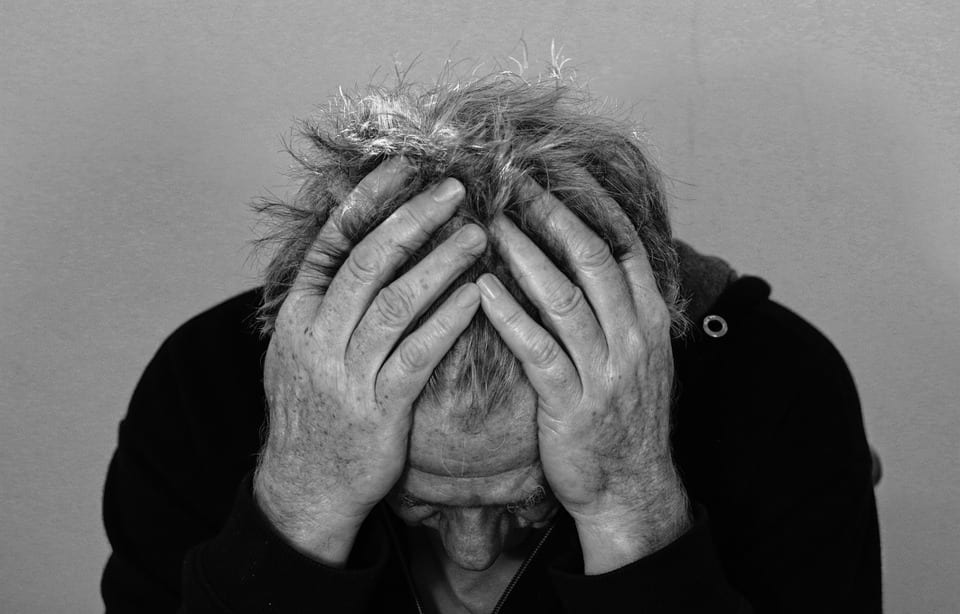People have been talking about being “burned out” at their jobs, with their kids, with the general rat race, for what seems like forever…and it turns out that we’ve been onto something. It’s not simply feeling tired, or that the events of a certain day or a trying few weeks are getting under our skin. Burnout is more like the feeling that we don’t want to do whatever we’re doing ever again, regardless of whether or not stopping would have catastrophic effects.
And now the World Health Organization (WHO) is officially recognizing the condition.

Image Credit: Pixabay
They describe it as “a syndrome conceptualized as resulting from chronic workplace stress that has not been successfully managed,” and characterize it by “feelings of energy depletion or exhaustion,” “increased mental distance from one’s job,” “feelings of negativism or cynicism related to one’s job,” and “reduced professional efficacy.”
Though the WHO currently only defines burnout in relation to work, there is hope that the addition will aid doctors in diagnosing and treating the issue anywhere and everywhere it pops up.
The Mayo Clinic points to certain risk factors for developing burnout, including having a poor work/life balance, having a high workload, too much overtime, being in a “helping profession” like healthcare, being a perfectionist, and having a boring job.

Image Credit: Pixabay
They describe symptoms of feeling helpless, trapped, and/or cynical about work, all of which can make you detach from the world, lack motivation, increased procrastination, and even turning to drugs or alcohol to cope with the mounting stress.
WHO also states that there can be physical fallout – anything from stress and fatigue to heart disease, high blood pressure, muscle pains, and sleep disruption. It can also lead to headaches and a weakened immune system.
If you think burnout could be affecting you, you’ll want to seek out support from your friends, family, and perhaps even a professional or two. Getting more exercise and sleep, taking up relaxing activities like yoga, and purging your diet of unhealthy components could help, but searching for a new, more satisfying job could end up being the answer, as well.

Image Credit: Pixabay
Burnout will officially be listed in the new International Classification of Diseases as of January 2022, along with a new classification for compulsive sexual behavior (a mental disorder) and recognizing video-gaming as an addiction like gambling and drugs.
The WHO will also no longer classify transgenderism as a mental disorder.
Yay, progress!






